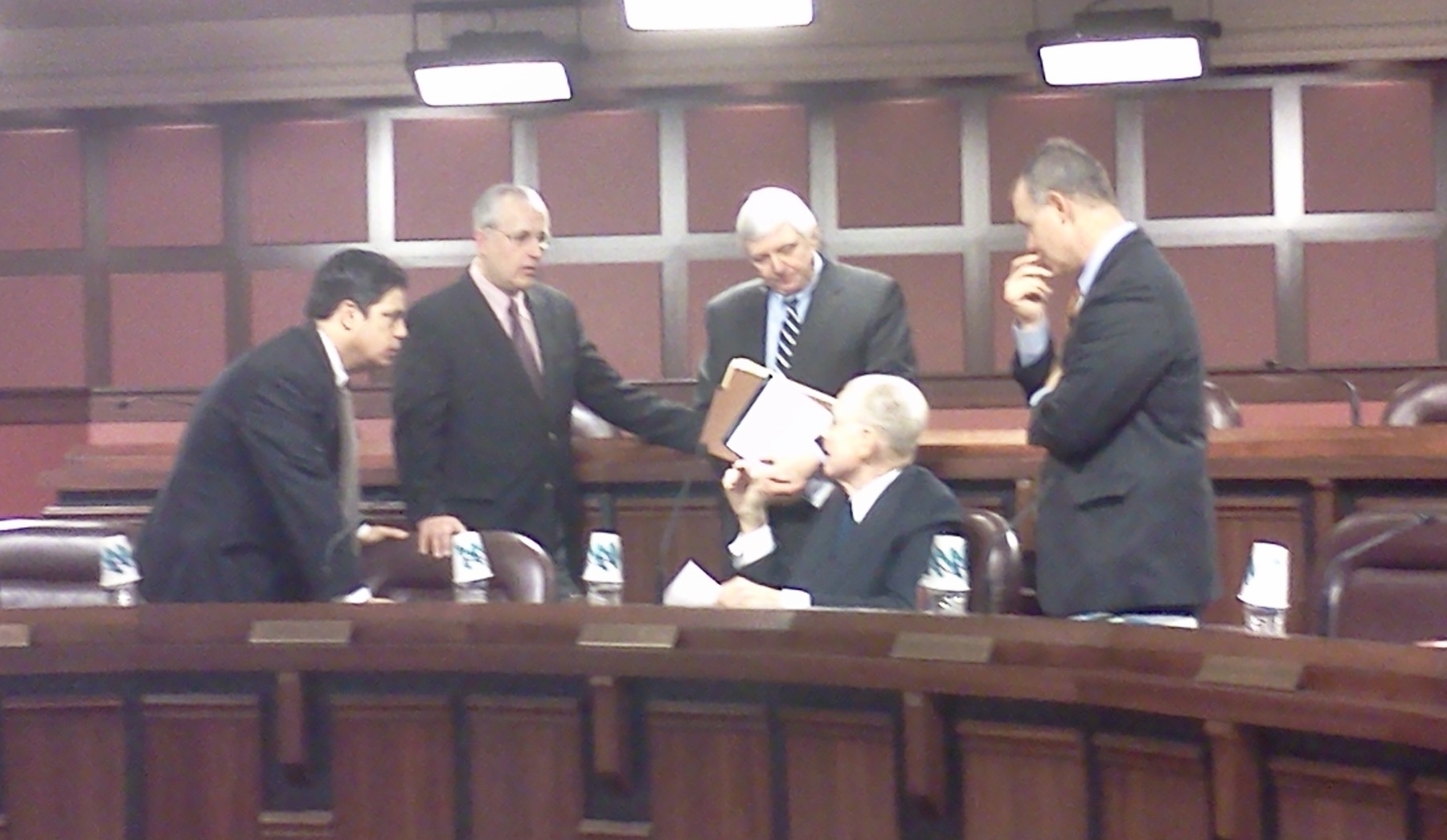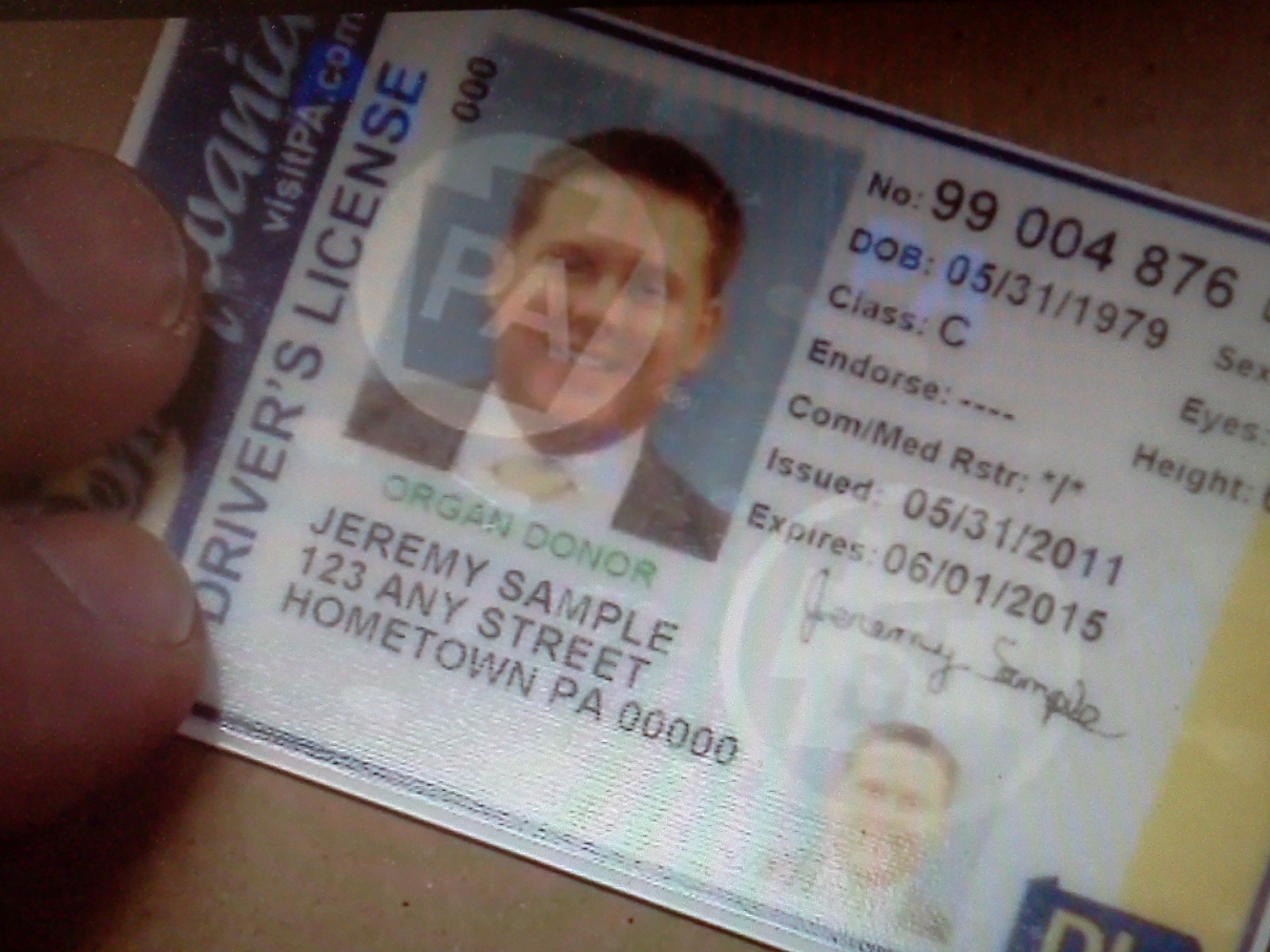Farmers would Reap Benefits of Vehicle Code Bills
Numerous vehicle code bills, designed to make it easier for farmers to use their equipment on Pennsylvania roads, have cleared the House Agriculture Committee with unanimous votes. “The discussion on this multitude of transportation subjects has been ongoing for years,” says committee chairman John Maher (R-Allegheny). “This is an important day of moving forward.”
Farm equipment considered wide in the past is now standard industry size, according to Pennsylvania Farm Bureau spokesman Mark O’Neill. “A lot of the vehicle codes that are on the books now are really outdated,” he says.
One of the major changes would increase daytime width restrictions for farm equipment on Pennsylvania roads from 14.5-feet to 16-feet. Likewise, the nighttime restriction would increase to 16-feet with the proper safety precautions. Weight limits and restrictions on miles traveled are also addressed in the legislation.
O’Neill says all of the would-be changes keep the safety in mind. “[Farmers] want to be able to use this modern equipment to get into fields, to plant and harvest food, in order to feed people throughout Pennsylvania.”
Based on this week’s votes it appears lawmakers agree that updates are long overdue. HB 2371, HB 2372, HB 2373 and HB 2374 now await action on the House floor.










